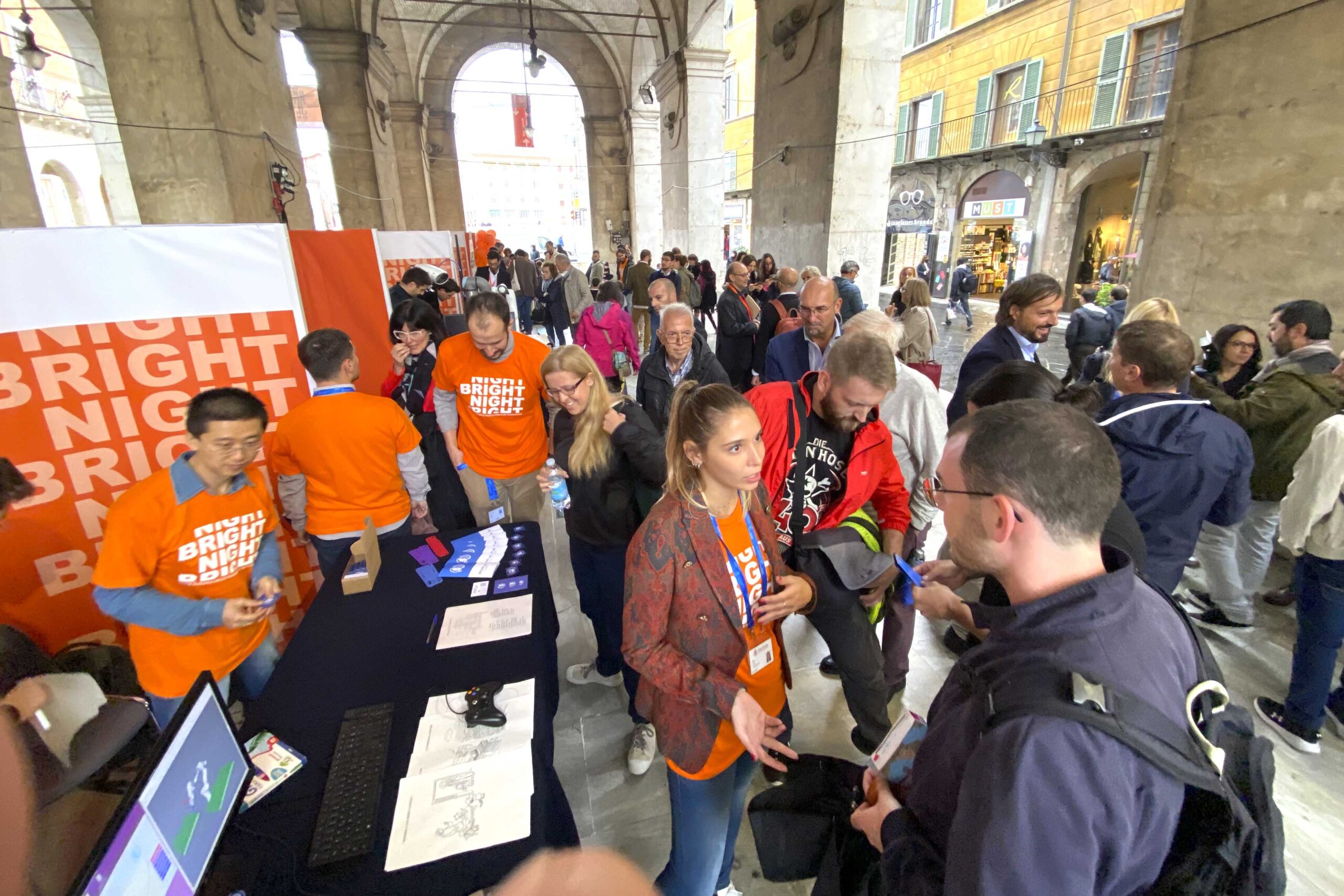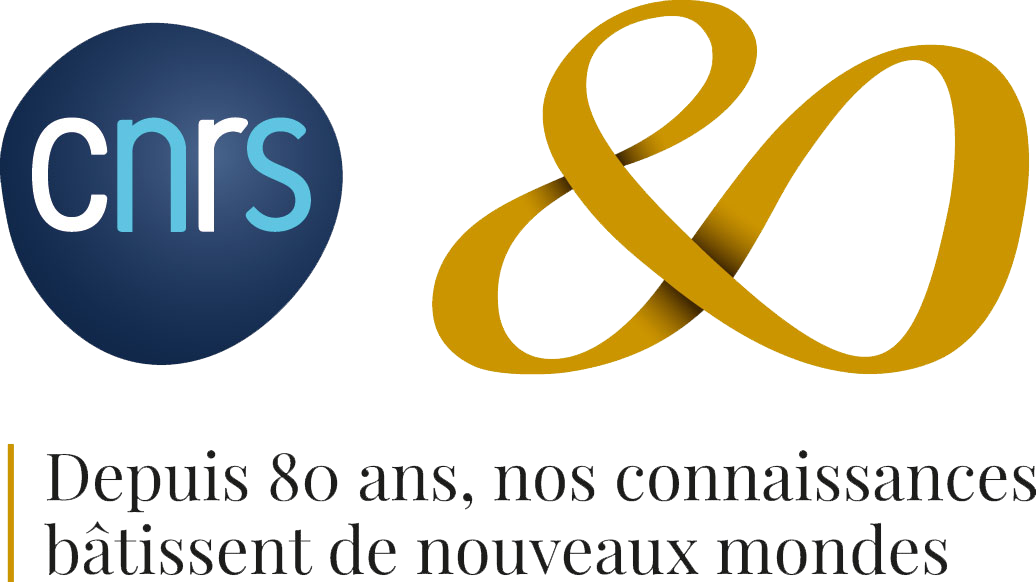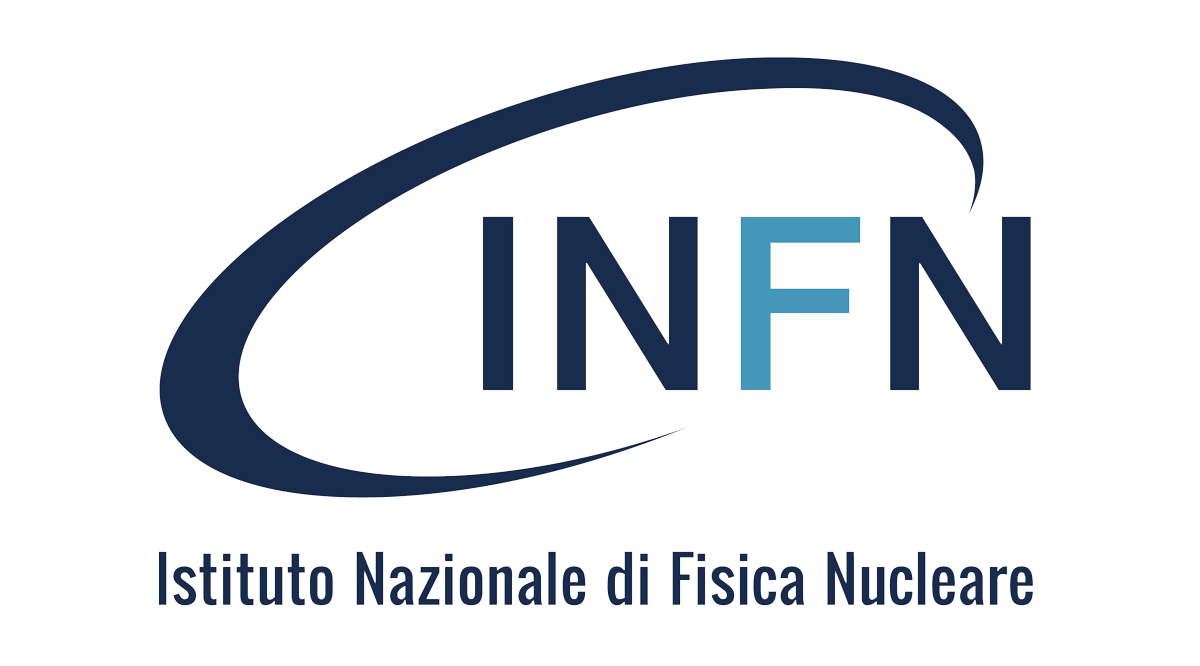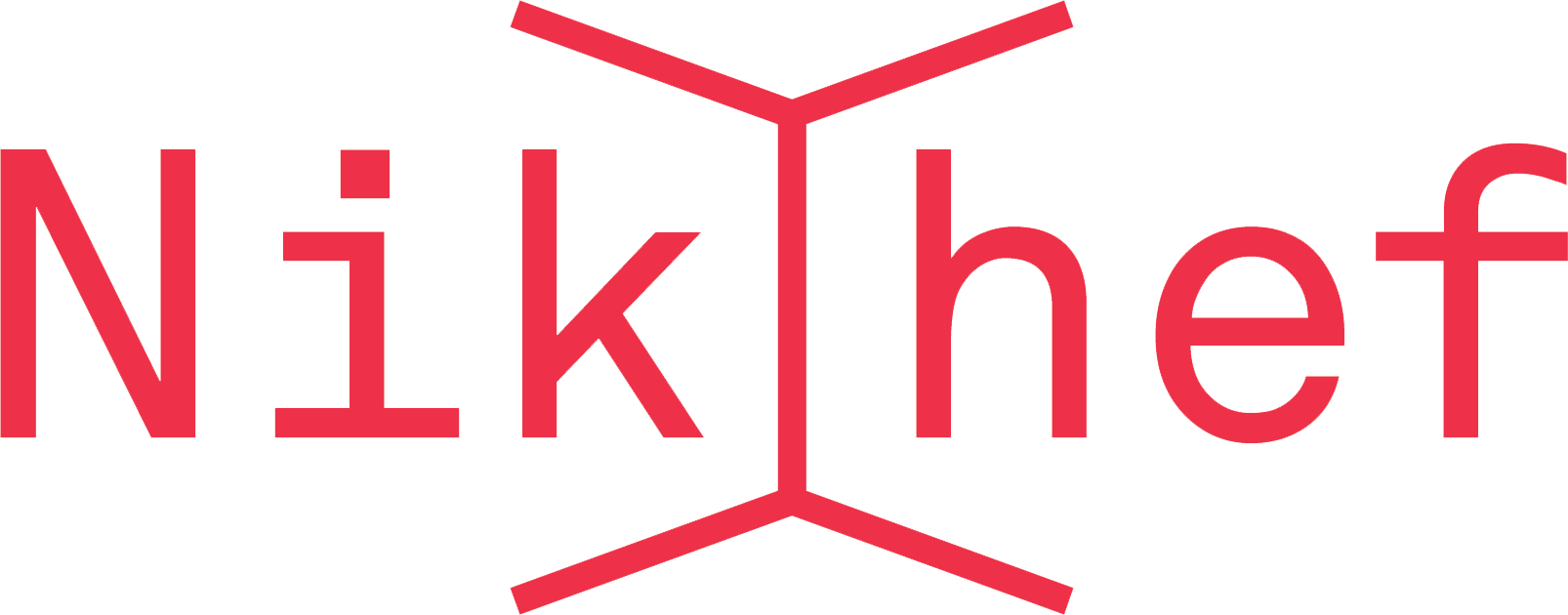Like every year, the European Gravitational Observatory (EGO) in Cascina, which hosts the Virgo interferometer, will participate in the European Researchers’ Night, this year with the projects Bright Night and PICO! Three days of events in Pisa, Florence and Bergamo to celebrate science and the researchers who make it possible.
The European Researchers’ Night is back again this year, on 27 September, the annual event created by the European Commission with the aim of spreading scientific culture. Like every year, the European Gravitational Observatory (EGO) in Cascina, which hosts the Virgo interferometer, one of the three gravitational wave detectors in the world, will also participate. The proposed activities will be organised as part of the Bright Night and PICO (Physics for All) projects.
The EGO and Virgo activities will kick off on the morning of 25 September with a special focus on research and studies promoting women’s wellbeing and emancipation: the “Bright Women” event organised by the Bright Night project, scheduled to take place in Florence at the Region’s headquarters. Participating for EGO will be Giada Rossi, who is part of the communication unit, and Francesca Spagnuolo, Gender Equality Plan Manager.
On the morning of 26 September, an activity dedicated to the topic ‘Women at the frontiers of knowledge’ will be organised at the Istituto Comprensivo Fibonacci in Pisa. Primary school students will have the opportunity to meet three leading EGO researchers working within the Virgo collaboration. These female scientists will share their personal and professional paths as women in science, with the aim of inspiring students to explore careers in this field.
Then, on the morning of the 27th, primary and secondary school students will have the opportunity to visit the Virgo interferometer, guided by female researchers who, with age-appropriate activities, will accompany them to discover the mysteries of the universe and the cutting-edge instrument that investigates them. The youngest children will also be involved in workshops to explore in a playful way some important aspects of the functioning of a gravitational wave detector, in particular: the optical and physical principle of the interferometer and the so-called ‘noise hunt’. For bookings (compulsory):
https://www.ego-gw.it/bright-night-2024/
On the afternoon of the 27th, starting at 4.30 p.m., we will meet in Piazza Santa Caterina in Pisa with the “Big Bang Machine” van: a mobile immersive installation, organised by EGO with the support of the Pisa Foundation, IVECO and the European Union project AHEAD 2020, which will take visitors on a virtual journey through space and time to the origin of our Universe. Alongside the van, researchers from the Virgo Collaboration will illustrate their work, explaining the functioning of the interferometer, the extremely sensitive instrument capable of detecting the most remote cosmic signals, the gravitational waves. Also in Piazza Santa Caterina at 7 p.m., we will talk about how artificial intelligence will contribute to the astronomy of the future and to the study of our environment with Virgo Collaboration researcher Massimiliano Razzano, Professor at the University of Pisa and research associate INFN Pisa.
The evening of the 27th continues with an event at 9 p.m. in Bergamo titled ‘Women listening to the cosmos’, organised by EGO as part of Bergamoscienza. Pia Astone (INFN, Università la Sapienza) and Silvia Piranomonte (INAF), leading figures in multi-messenger astronomy, will talk about this revolution and share their personal experiences as women in science. They will offer reflections on both the scientific challenges and the personal and human obstacles they have overcome as successful women scientists. Their dialogue will be accompanied by music inspired by multimessenger astronomy, with real data soundtracks created by Massimo Magrini
PICO (PhysICs fOr all) is an EU-funded project that aims to raise people’s awareness of fundamental and cutting-edge physics and the impact that discoveries in this field have on their daily lives, with a specific focus on equity, diversity, inclusion and gender equality. Most of the PICO events will take place during and around the European Researchers’ Night (2024 and 2025) in 4 countries (Greece, Italy, France and Spain), but other activities are planned throughout the year, such as ‘Researchers at school’, an initiative where students can meet female researchers working on frontier physics, and virtual visits to fundamental research infrastructures such as Virgo. PICO is an international project coordinated by Aristotelio Panepistimio Thessalonikis (AUTH), in addition to EGO the other project partners are: Ellinogermaniki Agogi Scholi Panagea Savva Ae (EA), Ethniko Asteroskopeio Athinon (NOA), National Institute Of Nuclear Physics (INFN), Trust-It Services, Centre National De La Recherche Scientifique (CNRS), Instituto De Fisica De Altas Energias (IFAE-CERCA).
Bright Night is the project for the European Researchers’ Night promoted by the entire world of research in Tuscany: the Universities (University of Florence, Pisa, Siena, Siena Stranieri, Scuola Superiore Sant’Anna of Pisa, Scuola Normale Superiore and Scuola IMT Alti Studi Lucca) and a wide network of research organisations – the National Research Council (CNR), the National Institute of Nuclear Physics (INFN), the National Institute of Geophysics and Volcanology (INGV), the European Gravitational Observatory (EGO), the National Institute of Astrophysics – Arcetri Astrophysical Observatory (INAF-OAA) – with the support of the Region of Tuscany, in the framework of Giovanisì, the regional project for the autonomy of young people.
Contacts
Via E. Amaldi,5
56021 Cascina (PI) – Italy
Tel +39 050 752511
Contact us
How to reach us




